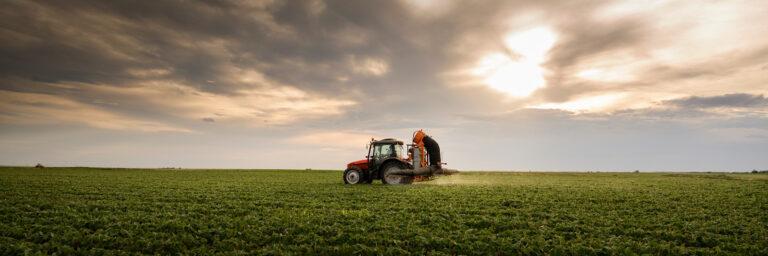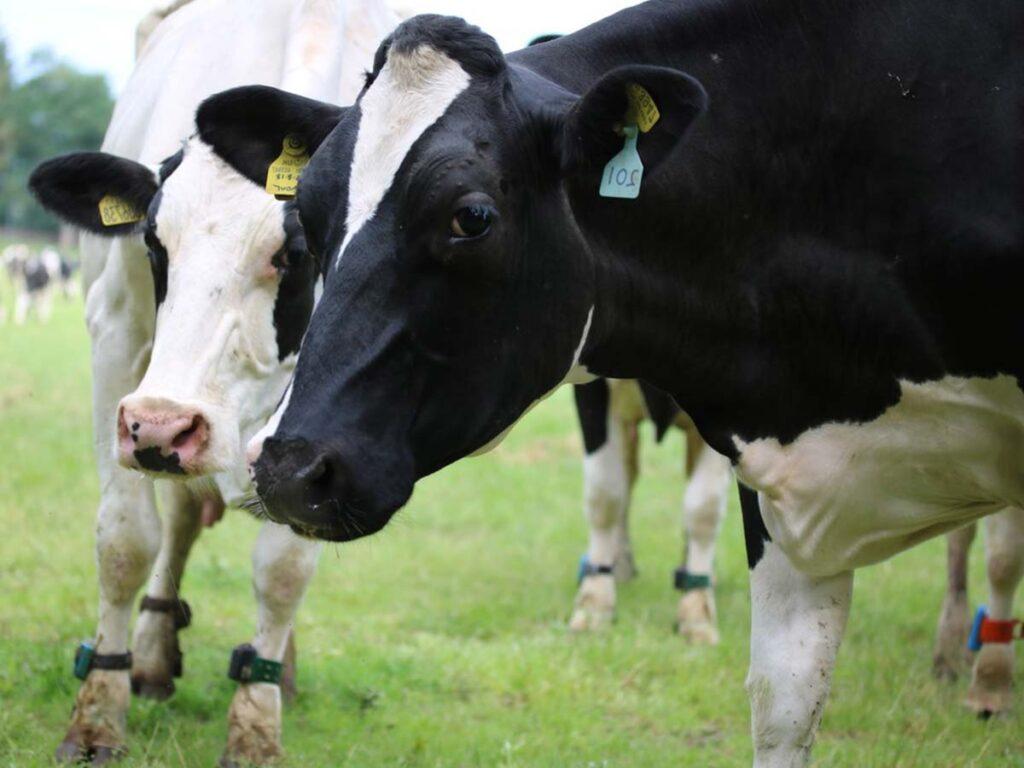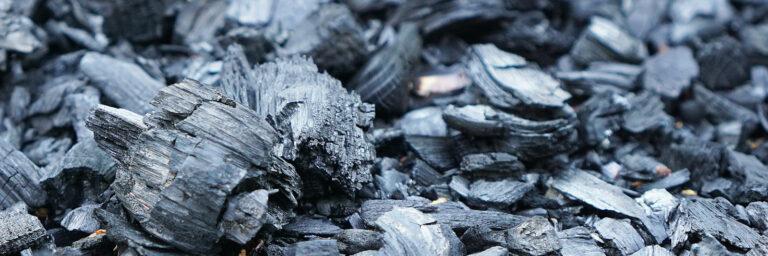
April Business Update: SRUC
After two years of operation as a Limited Company, Agrecalc became part of Scotland’s Rural College (SRUC) as of 1 April 2025.
Grosvenor Farms Limited, a commercial farm extending to 2,330 hectares on the Eaton Estate near Chester, approached Agrecalc to generate detailed carbon measurements and assess novel mitigation solutions. Home to 2,500 dairy cows and 1,450 dairy heifers, the farm produces more than 70,000 litres of fresh milk daily for the retail market.
The outcomes achieved consisted of: on average 16% reduction of carbon emissions between 2014 and 2018 across the entire cow dairy enterprise, and the average annual carbon footprint reported at 1.02 kg of carbon dioxide equivalent per litre of fat and protein corrected milk, making this number 32% lower than the industry average.
Grosvenor Farms is one of the operating companies of the Wheatsheaf Group which directly operates, invests in and helps to develop businesses in the food and agriculture sectors. In 2016, Grosvenor Farms was named Farm Business of the Year at the Food & Farming Industry Awards at the House of Commons, recognised as the UK’s Dairy Company of the Year at the Cream Awards and were named the UK’s leading farm for health and welfare.
Grosvenor Farms selected SAC Consulting and Agrecalc to provide detailed carbon measurements and to enable novel mitigation solutions to be properly assessed and implemented. Following SAC’s Agrecalc assessment of the business, Grosvenor Farms was shown to have reduced their carbon emissions by 16% on average across its cow dairy enterprise between 2014 and 2018.

“From the outset of compiling the information required, we were supported through this process and with a well-designed carbon auditing tool it was easy to populate the data required. The reports that have been derived using Agrecalc are very informative and easily understood. Unlike previous assessments that were compiled from other providers, the Agrecalc team support has allowed our business to create clear objectives on how we can continue to improve our carbon footprint.”
David Craven, Dairy and Resource Manager at Grosvenor Farms Limited
The average annual carbon footprint for the Grosvenor Farms was reported using Agrecalc at just 1.02 kg carbon dioxide equivalent per litre of fat and protein corrected milk, which was lower than the industry average (1.51 kg). But Grosvenor Farms are not planning to stop there and have set sights to new more environmentally friendly goals. The company hopes to further improve their carbon footprint by employing Agrecalc to complete their carbon budget with the aim of pushing the boundaries and reducing emissions to just 860g per litre of fat and protein corrected milk.
Agrecalc will help achieve this goal by measuring farm emissions and assessing mitigation solutions such as using manure more efficiently to displace purchased fertiliser, using more and better homegrown forage and maximising the use of bought in low-carbon by-product feeds. In future years, the farm hopes to further improve yields, livestock health and cow longevity, invest in renewable energy and explore the use of methane inhibitors in feed as it drives to lower emissions.

After two years of operation as a Limited Company, Agrecalc became part of Scotland’s Rural College (SRUC) as of 1 April 2025.

Biochar is a carbon-rich material produced by pyrolysing biomass, which offers a variety of potential agronomic benefits. In this guest article, Black Bull Biochar discusses how these effects work together to bolster productivity, sustainability, and resilience in farming.

The Agrecalc team is looking forward to welcoming you at our stand (2.844) at this year’s Low Carbon Agriculture Show, taking place on March 5 and 6, at NAEC Stoneleigh near Kenilworth.